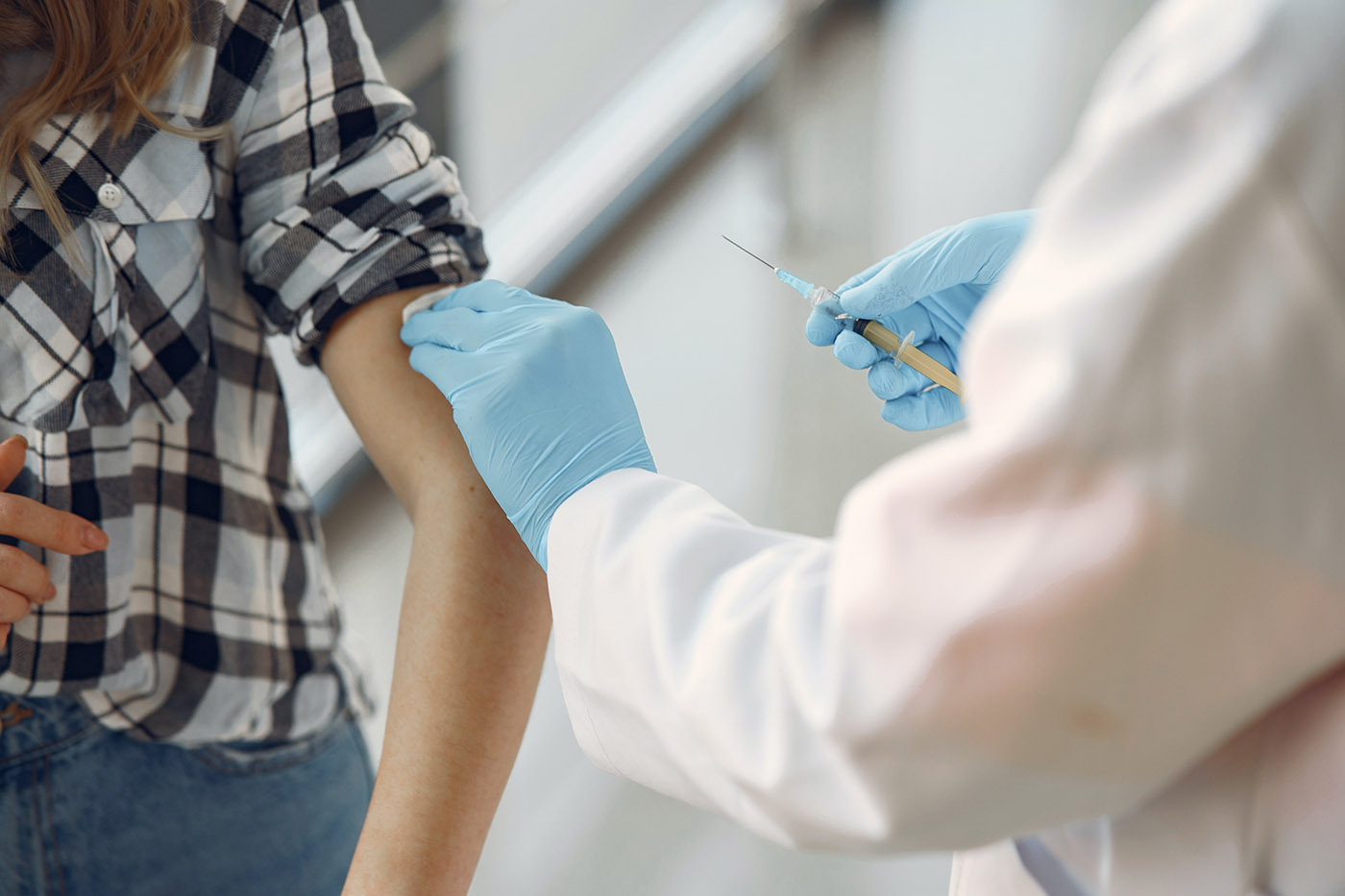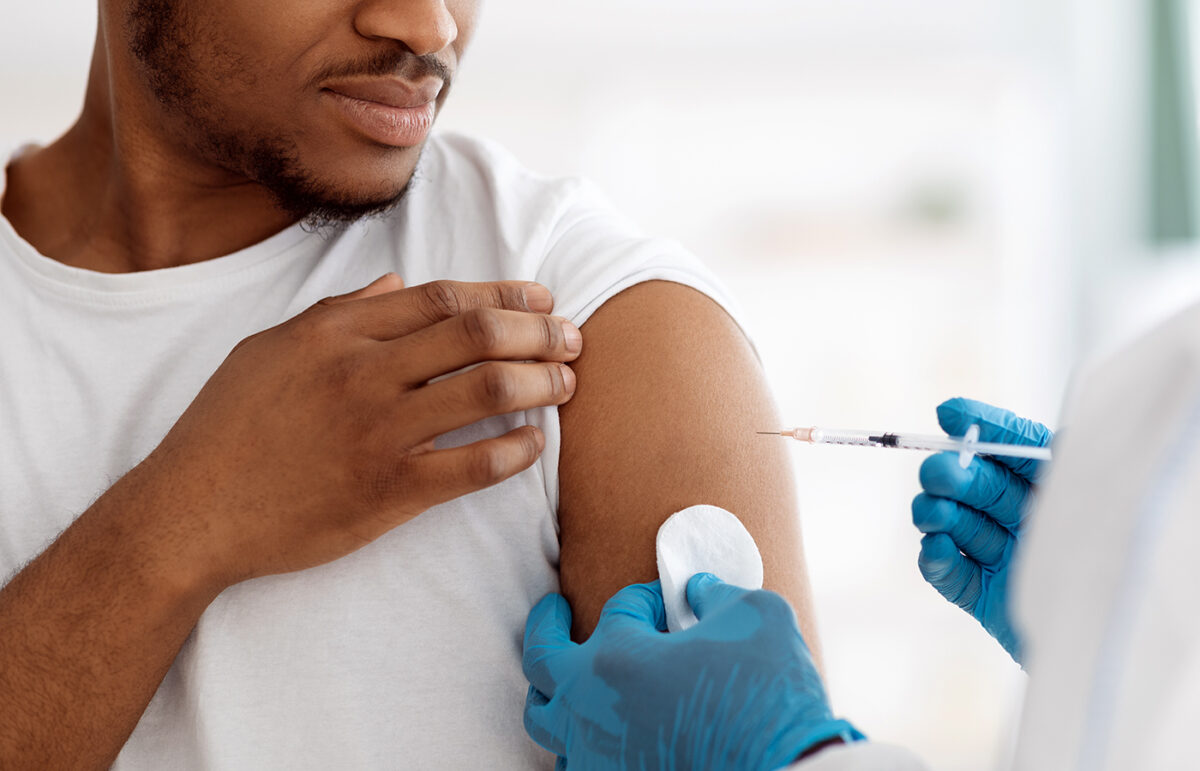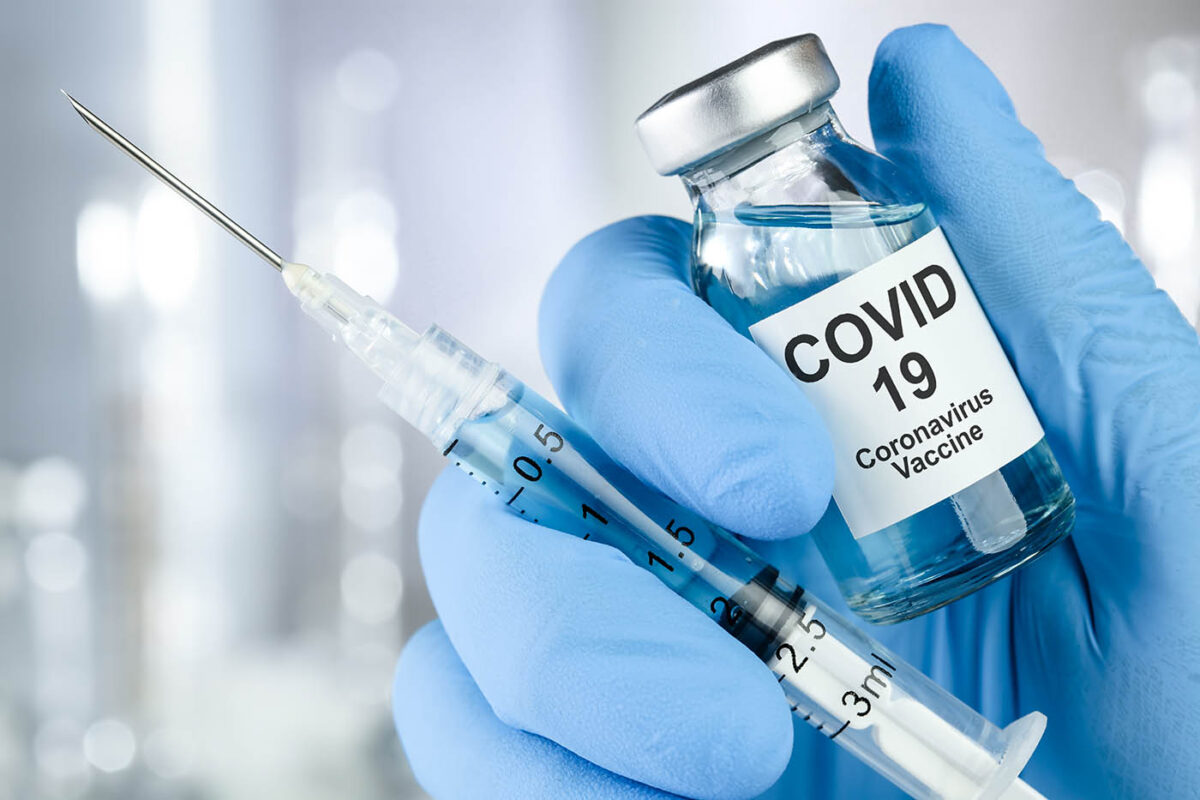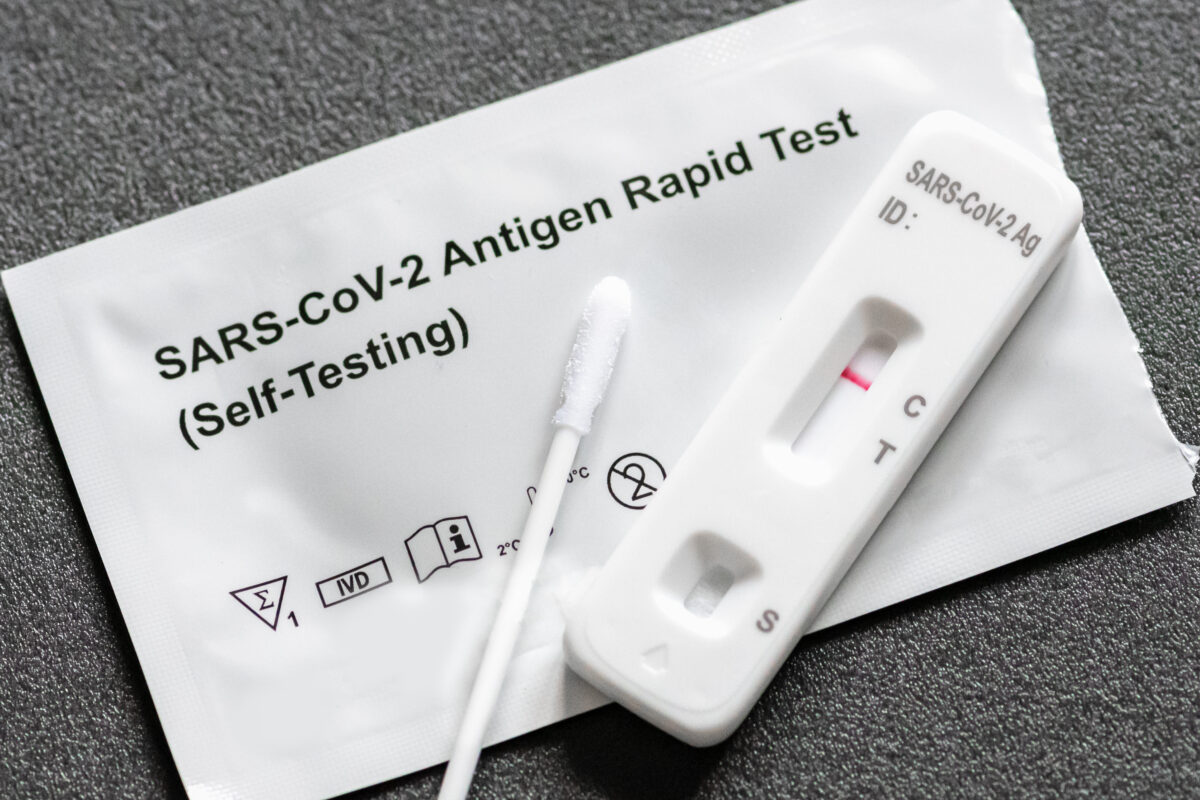
Among the many items of misinformation contributing to hesitancy about the COVID-19 vaccines is the erroneous claim that the vaccines are dangerous. One source of this misinformation may be confusion around the Vaccine Adverse Event Reporting System (VAERS).
VAERS is a national early warning system used to identify potential safety issues in U.S. vaccines that are approved or granted emergency use authorization by the Food and Drug Administration (FDA). The system allows the reporting of adverse events or possible side effects that individuals experience after receiving a vaccine. VAERS is co-managed by the Centers for Disease Control and Prevention (CDC) and the FDA.
VAERS operates as a passive reporting system, meaning that it relies on reporting from individuals to track adverse events that may be related to vaccines. These reports can come from anyone, including healthcare providers, vaccine manufacturers, vaccine recipients, and family members of individuals who have received vaccines. Because it is a passive reporting system, even those who are not vaccinated or who are opposed to vaccinations can submit reports, sometimes resulting in reports based on hearsay or intentionally false reports.
Scientists continually review data reported to the system, looking for unusually high numbers of adverse event reports or other noteworthy patterns. A reported adverse event that occurs after vaccination may not necessarily be caused by the vaccine, but it does prompt a scientific investigation into any potential cause-and-effect relationship that needs to be further explored.
A query based on data current through July 9 showed that 425,950 adverse events had been reported after COVID-19 vaccinations with the Pfizer, Moderna, or Janssen vaccines. Symptoms reported range from mild symptoms like injection-site soreness to more serious symptoms like anaphylaxis, which has been a rarely reported event. Of those total reported events, 47,483, or 11%, were deemed to be serious adverse events.
Some people have submitted reports of hospitalizations and deaths that occurred after vaccination. However, a review of available clinical information including medical records, death certificates, and autopsy reports “has not established a causal link” between reported deaths and any COVID-19 vaccine.
The same review of serious adverse events did establish a “plausible causal relationship,” or a possible association, between the Janssen vaccine and thrombocytopenia syndrome (blood clots with low platelets), which has occurred mostly among women aged 18‒48 and was associated with three reported deaths as of April 21, 2021. However, the CDC states that the known and potential benefits of the Janssen vaccine far outweigh its risks, and the agency has advised women younger than 50 to be aware of the rare but increased risk of this adverse event. Moreover, the temporary pause of the Janssen vaccine and subsequent lifting of the pause following a thorough safety review demonstrate the high level of caution of the FDA and CDC in ensuring vaccine safety.
As of today (Aug. 3), COVID-19 has infected over 35.2 million Americans and claimed the lives of 613,436. Individuals fully protected through vaccination are highly unlikely to be hospitalized or die. VAERS is an important monitoring system, but the safety and effectiveness of the vaccines against the much higher risks posed by COVID-19 infection should be recognized.






